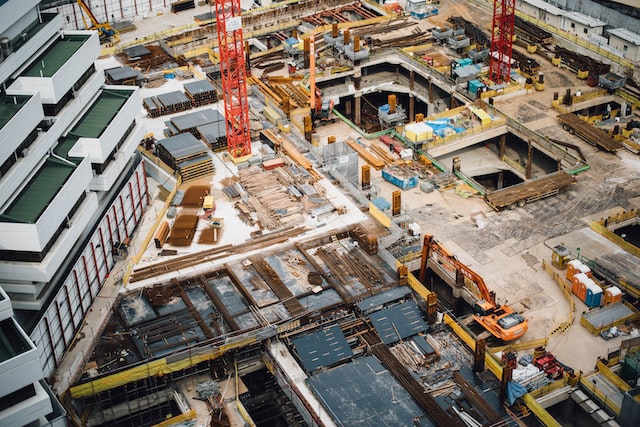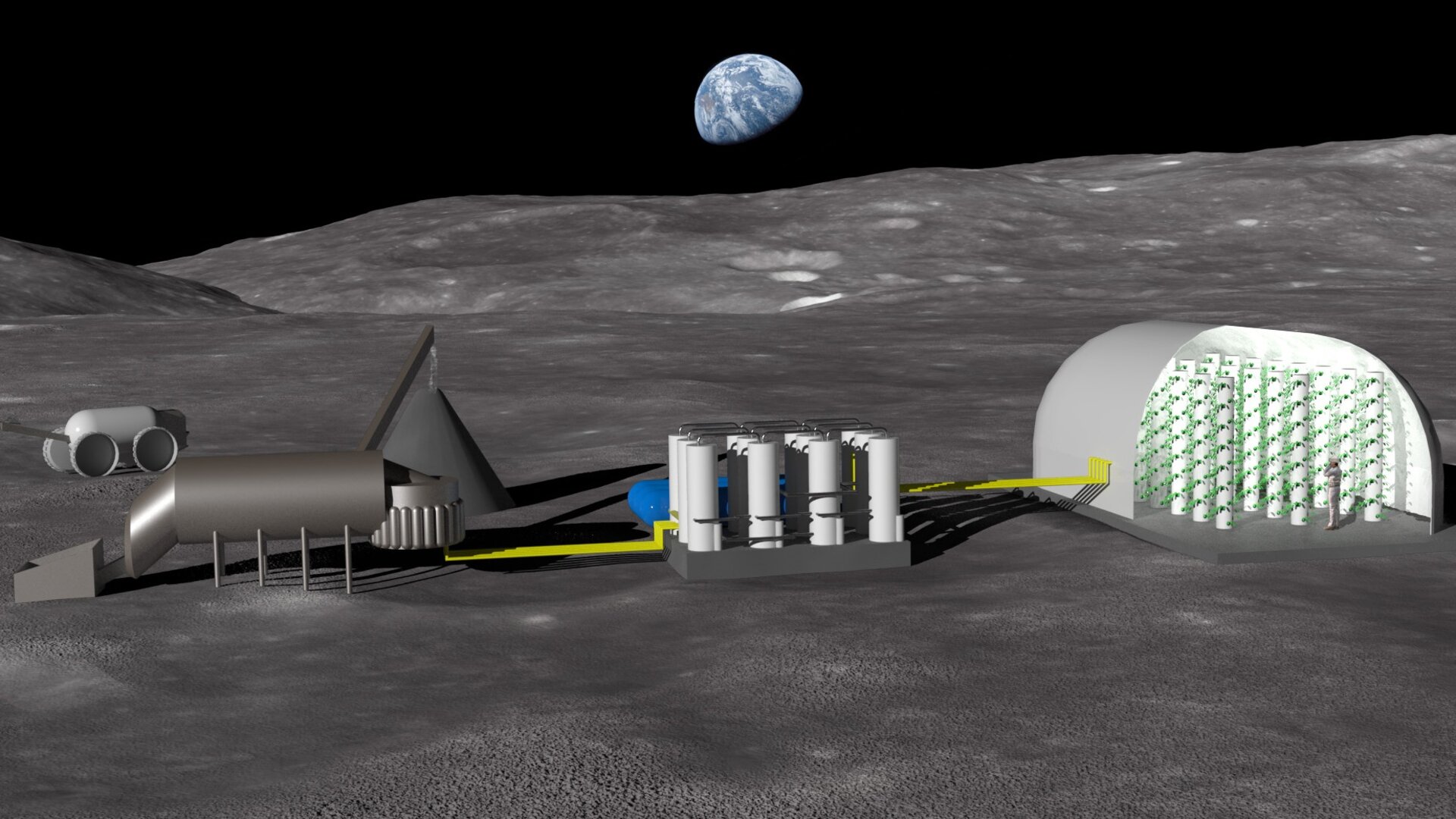For residential properties, a retaining wall could be a beautiful wall that enhances the property’s landscaping. But regarding commercial properties, a retaining wall has more purposes than aesthetics. Retaining walls have significant uses for different types of properties, but getting a professional is advisable to ensure the materials’ quality.
Conditions for building retaining walls
Property developers build retaining walls as part of the development process. In the past, many retaining walls consisted of rocks, stones, bricks, packed earth, and concrete. But today, the construction industry often uses precast retaining walls, which are factory cured and conform to industry standards. Often called soil retaining wall, a precast retaining wall uses high-quality materials and an industry-standard production process to maintain consistency. The products are meant to last for several years. They come in different forms, sizes, and weights to resist horizontal and lateral pressures to ensure that they will remain safe and stable.
The reasons for using retaining walls
Commercial property owners have many reasons to use retaining walls. Retaining walls improve the property’s drainage, avoid flooding, and protect it from erosion. Acquiring and developing a commercial property involves a significant amount of money. Thus, the owner must do everything possible to protect it. Moreover, the walls enhance the property’s privacy requirements.
They make the property’s appearance better
Good contractors choose the right retaining wall to add a pleasant, aesthetic look to the commercial property because several locations within the property need concrete retaining walls.
They restrict the earth from cascading down
Not all commercial and industrial properties have flat surfaces. Some have slopes and uneven ground. Gravity can cause the earth from slopes to cascade down. They provide secure support to stop the soil from moving down to keep the shape of the property. This is important to ensure that the structures built on the slopes remain intact and secure.
Retaining walls prevent erosion
If the soil becomes loose or waterlogged, erosion can happen. Erosion causes plenty of damage to properties. It removes nutrients and fertilizer from farmlands, damages trees and plants, creates sinkholes, and destroys building foundations. Water flows naturally on paths it can find. Its movement slows down when it meets a solid retaining wall. Retaining walls can help manage water runoff, allowing faster and better drainage.
Retaining walls can give you more space
If your commercial property has an uneven surface with hilly parts, sometimes, the architects may want to use these hilly parts for aesthetic purposes. Sometimes, some people will consider these as wasted spaces. Using the right concrete precast retaining walls, you can create a tiered system to flatten the small hills, creating usable space and providing you with additional functional areas.
Retaining walls stop or minimize flooding
With the inconsistency of weather patterns today, many areas suddenly experience frequent flooding. With this natural occurrence, the more you understand the need to install retaining walls in your commercial property. Retaining walls deter the accumulation of excess water, which minimizes the opportunity for runoff damage and, more importantly, prevents flooding.
There are several more reasons for installing concrete precast retaining walls around your commercial property. However, the most important aspect is how retaining walls protect and secure the property in the best way possible for many years.







